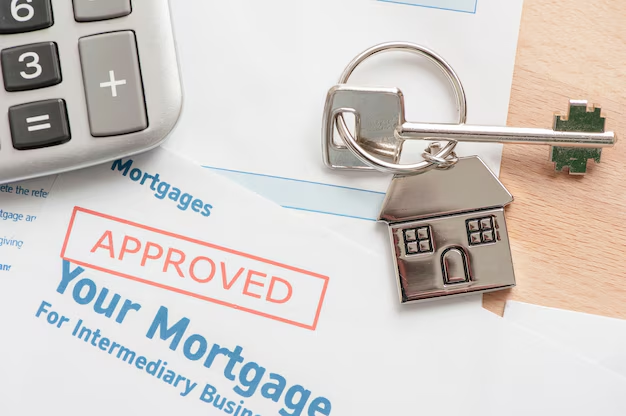Searching for Section 8 Rental Homes? Here's What to Know
Navigating the housing market can be daunting, especially when seeking specific accommodations like Section 8 accepted houses for rent. The Section 8 program, formally known as the Housing Choice Voucher Program, empowers low-income families, the elderly, and disabled individuals to afford housing in the private market. If you're looking for Section 8 housing, here are the essential details and connected resources you should be aware of.
Understanding the Basics of Section 8 Housing
Section 8 is a federal program aimed at assisting eligible individuals to secure affordable housing. Managed by local Public Housing Agencies (PHAs), this program facilitates a portion of rental payments through vouchers, making it more manageable for tenants to live in areas of their choice without being confined to public housing projects.
- Eligibility: Primarily determined by your income level in conjunction with the area’s median income (AMI). Additionally, citizenship status, family size, and other criteria are taken into account.
- Process: Once deemed eligible, you receive a voucher which you can use towards rental properties that accept Section 8. The PHA pays a designated amount directly to the landlord, and you cover the difference.
- Housing Options: With these vouchers, beneficiaries can choose between single-family homes, apartments, and townhouses.
Securing a Section 8 Rental
Finding a house that accepts Section 8 can be challenging due to high demand and limited availability of properties. Here are several strategies that might help you in your search.
- Online Listings: Websites often have filters specifically for Section 8 housing. Use these platforms to search for houses in your preferred areas.
- Local Newspapers and Bulletins: Don't underestimate traditional media. Landlords often advertise available housing here, including Section 8.
- Networking: Connect with other voucher holders. Personal recommendations can sometimes uncover opportunities that aren't widely advertised.
Beyond Housing: Exploring Broader Financial Support
While securing housing remains a top priority, it’s crucial to recognize and utilize other government aid programs to stabilize your financial situation.
- Financial Assistance: Beyond housing, consider other forms of government aid, like food stamps (SNAP) or Temporary Assistance for Needy Families (TANF), to support your overall living expenses.
- Educational Grants: If you're contemplating going back to school or pursuing further education, federal and state educational grants can provide substantial financial relief, enhancing your earning potential over time.
- Debt Relief Options: Programs like debt consolidation can simplify repayments if you're managing credit card debts or personal loans. Additionally, nonprofit credit counseling services offer free or low-cost advice tailored to your financial situation.
Empowering Your Financial Journey
Moving forward, it’s vital to assess your financial health and explore credit-building strategies. Improving your credit score can open up more housing opportunities and lower interest rates on loans or credit cards.
- Secured Credit Cards: A practical starter tool to rebuild credit as they require a security deposit that acts as your credit limit.
- Budget Planning: Effective budgeting can prevent future debt accumulation and ensure timely payment of bills, which positively impacts your credit score.
Key Resources for Financial Assistance
Here's a quick look at some valuable programs and opportunities:
- 🏠 Section 8 Housing Choice Voucher Program: A tried and true option for affordable housing.
- 📚 Federal Pell Grants: Support educational pursuits without the burden of repayment.
- 🏛️ TANF: Temporary financial aid for families in need, helping with essential expenses.
- 📈 Debt Management Plans (DMPs): Structured plans to repay debt with potentially reduced interest rates.
- 💳 Secured Credit Cards: Rebuild or improve your credit score with controlled limits.
- 📈 Credit Counseling Services: Nonprofits that offer free budgeting advice and help manage debts.
Taking proactive steps and utilizing these support solutions can set you on a path toward financial stability and independence.

